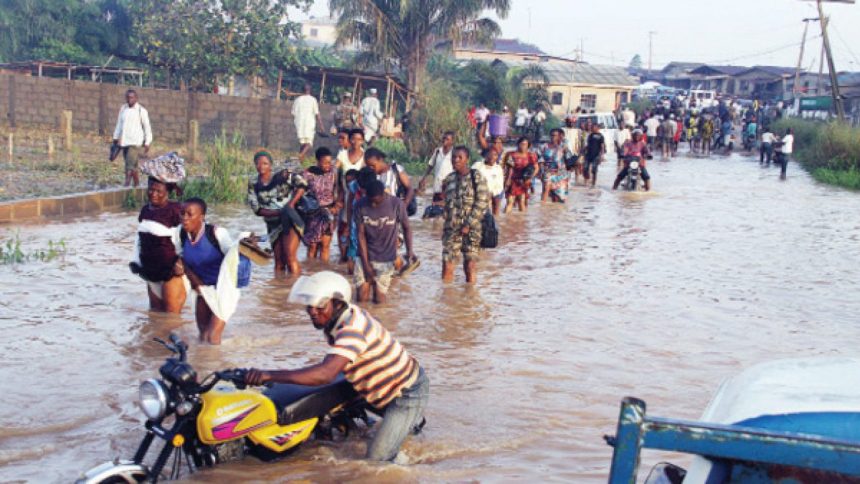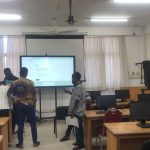Chief Resilience and Sustainability Officer at the Accra Metropolitan Assembly Evans Asamoah Adjei has called for extended stakeholder engagements on climate change and its impact on society in Ghana.
His input is based on several concerns raised about the changing weather patterns, rising sea levels, and more extreme weather events in Ghana and across the globe.
Addressing the matter on Campus Exclusive, he stressed the need for extensive stakeholder discussions on climate change, calling for urgent actions to be taken to combat climate change and its impacts.
“I would want to say that we need to expand our stakeholder engagement as a country.
We need to bring many more stakeholders into the discussion because the anthropogenic cost of climate change within Ghana is quite elaborate. And for that matter, we need to extend the discussion to much wider stakeholders.”
“I believe that this has to do with issues of environmental management, the way we keep ourselves, the way we manage our waste, the way we manage our electricity and the kind of energy we use in our normal day-to-day domestic activities.
I believe that if we can manage some of these issues, we will be helping reduce our carbon emissions and thereby helping solve issues of climate change. These are low-hanging fruits that we can be looking at.”
As one of the delegates from Ghana at the ongoing 28th Conference of Parties (COP28) of the United Nations Framework Convention on Climate Change (UNFCCC), (COP28), Mr. Adjei cited some collective actions that are being deliberated on to promote a more sustainable climate on the globe.
“Accra is also a member of many networks and several organizations that are also meeting here at COP to deliberate on the successes of the implementation of the climate action plan and see the way forward for new targets, and new plans for the years ahead. We have been engaged in several meetings on renewable energies, climate financing, building resilience towards waste management and the new green order.”
He highlighted some crucial strategies adopted by the government to address challenges emanating from climate change.
Key among them is the launching of the electric vehicle policy by President Nana Addo Dankwa Akuffo-Addo on Saturday, December 2 at the ongoing Conference of Parties 28 (COP28) in Dubai, United Arab Emirates. The policy will provide market signals and help to decarbonise the transport sector in line with Ghana’s National Energy Transition Plan 2022- 2070, and global commitments on climate change.
“On the national level, I think the government is doing quite a lot. When we came to COP this year, I saw a couple of policies and a couple of programs launched. Cardinal among them is Ghana introducing the electric vehicle policy and the electric vehicle project in the city. I think the project is a good program that is going to help us reduce the carbon emissions that come from the transport sector because we depend much more on fossil fuels.”
“Within the waste sector, I know the government is putting in place plans to ensure that we can manage our waste so well that we can implement the circular economy waste management practice.”
In his concluding remarks, Mr. Adjei also emphasized on the need for resilience from the citizenry to address some of the climate issues effectively.
“In all, we need to build the resilience of our people against some of these shocks rather than being involved in an adaptational solution. And for that matter, I believe that as we move along with some of these policies that have been launched here, we will be able to see the impact very soon.”
–
Story by: Michelle Lartey | univers.ug.edu.gh




